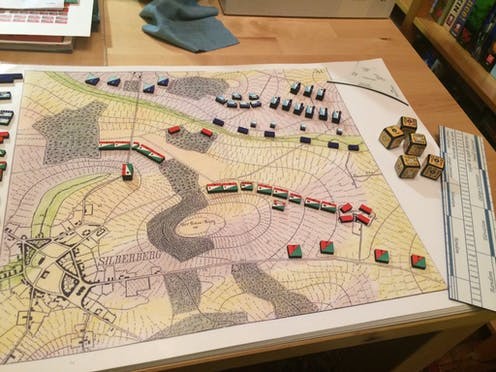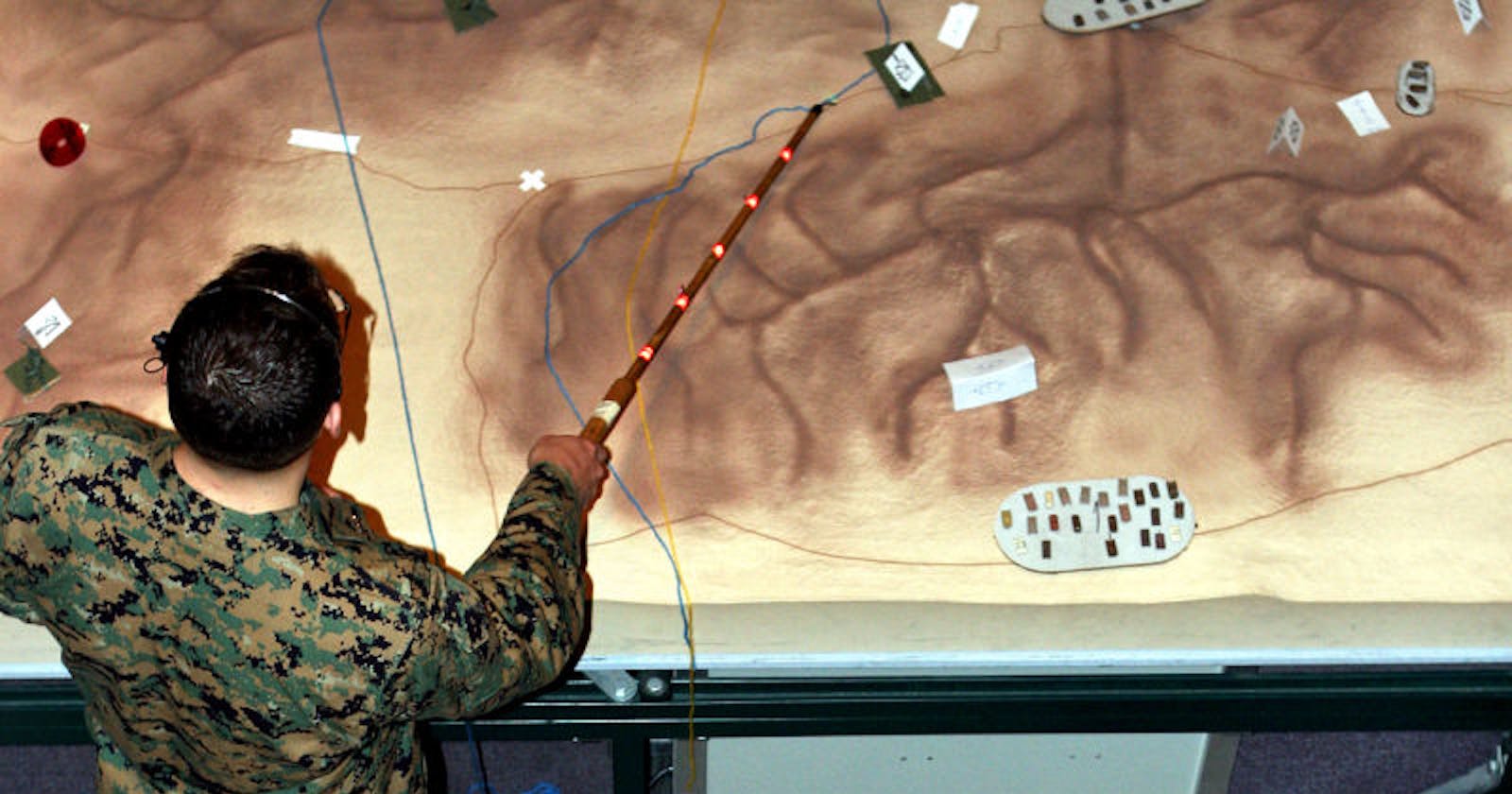The year is 1992. In the United States, the cold war has been declared officially over and a young Bill Clinton is set to become the 42nd president of America. The space shuttle Atlantis takes off from Cape Canaveral with meteorological instruments to study global warming as the resources tied up in the costly cold war are freed for nobler pursuits. In South Africa, white citizens vote for political reforms to end apartheid, the struggle of the past two years is coming to an end. On the British Isles, the most famous speculative attack in history has been carried out on the British Pound by a group of investors masterminded by Hungarian-American financier George Soros. On ‘Black Wednesday’ 16 September 1992, investors sell massive amounts of British Pounds, expecting a devaluation- a drop in the price of the pound against other currencies. The Bank of England buys £4 billion in order to keep the demand for the pound high, but by the next day the value of the pound has fallen by more than 10%. The Bank reports a loss of £3.3 billion, a third of which George Soros gets to keep.

Fast forward to 2001. The September 11 attacks have just taken place prompting the formation of four new security agencies and a war on terror that would last for over a decade. What do these two events have in common? Two things. Firstly, they are both ‘black swan’ events. ‘Black swan’ is a termed coined by Lebanese-American statistician Nicholas Nassim Taleb to describe events that have low probabilities of happening and cannot be predicted. They usually have major effects and are often wrongly explained away by historians and analysts who have the benefit of hindsight. In other words, events that seem obvious when viewed from a perspective further in time, but are unpredictable by observers in the present. Examples include; World war 1, the dissolution of the Soviet Union, the housing crisis of 2008, and Donald Trump’s election.

More interestingly, both of these events may not have happened today. This due to the advances being made in the prediction of rare events in the field of Machine learning. Machine learning is a branch of the Artificial intelligence discipline that automates analytical model building. A model is a simple structure that captures all the features of more complicated real-world situations.

Machine learning is currently being considered in predicting future cyber-terrorist attacks, and is already being used to anticipate sudden changes in stock prices here, and here.
While Machine learning already has so many applications today in almost every sphere of human life;
- Technology (virtual assistants and self-driving cars)
- Banking (fraud detection)
- Marketing (adaptive online ads)
A number of criticisms have yet to be addressed by proponents of machine learning in black swan event prediction such as;
- Delusional turkeys: Algorithms predict events based on past data, which is well… from the past. This has been likened to Inductive reasoning, a generalization of which is the anecdotal turkey predicting that the farmer will not kill it, based on past data which holds up until thanksgiving.
- Fighting fire with fire: Other critics have pointed out that the stock market is very complex and responds to the actions which members take. This means that algorithms that predict what humans do right now, will eventually have to predict what other algorithms will do as more traders resort to Machine learning. Eventually those algorithms will also have to predict what other algorithms predict that other algorithms will do. The same reasoning applies to terrorist attacks. What happens when the terrorists resort to machine learning?
- The enemy within: Other critics have yet opined that machines are incapable of predicting black swan events and instead are most likely to cause one like in the 2010 flash crash. This carries greater implications in predicting terrorist attacks. Implications such as strained diplomatic relations or even war.
In conclusion, while the pros and cons of machine learning have not yet been fully measured, we can only say two things with the exact minimum degree of certainty with which you might be comfortable, that machine learning will predict black swan events or that it will itself be absolved as a factor in the black hole that is the quest for the prediction of black swan events. But whatever the case, like with google maps, there is no wrong turn and there certainly is no going back now.

